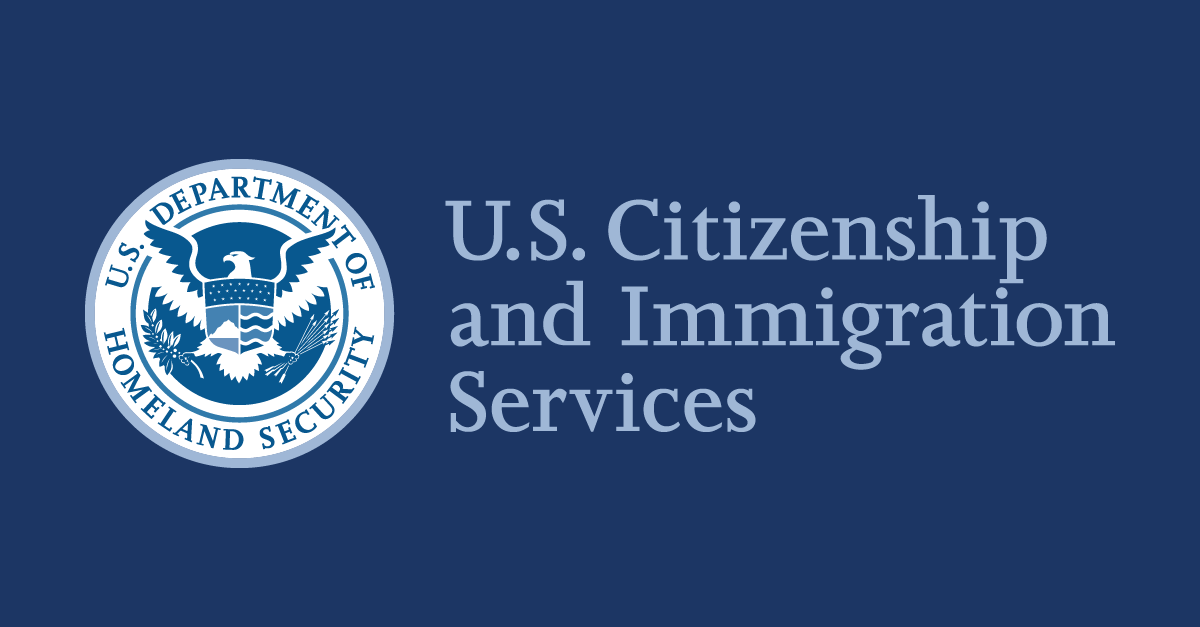AGAIN, THEY DON'T HAVE A VISA...
There is no such thing as a legal temporary resident that doesn't have a visa.
A visa is not a requirement for legal resident status.
Examples:
SPECIAL IMMIGRANT JUVENILE (SIJ) STATUS
A person under the age of 21 may apply for Special Immigrant Juvenile status if he or she meets the following conditions:
- There is a finding by a court in the United States with juvenile jurisdiction that: (1) the juvenile is dependent on the court or placed in the custody of an agency or department of a state or an individual or entity appointed by the state or a juvenile court located in the United States; and (2) reunification of the juvenile with one or both parents is not viable due to abuse, neglect, or abandonment or a similar basis under state law; and
- There is an administrative or judicial finding that it would not be in the best interest of the juvenile to be returned to the juvenile’s or parent’s previous country of nationality or country of last habitual residence.
The dependency case must not have been filed as a sham solely to obtain special immigrant juvenile status. The dependency court must retain jurisdiction until the juvenile is granted SIJ status, subject to exceptions for age related cases and certain other circumstances.
REFUGEE/ASYLEE
The following are the basic conditions for refugee/asylee status:
- The individual has a well-founded fear of persecution on the basis of race, religion, nationality, membership in a particular social group, or political opinion if returned to the home country or country of last permanent residence.
- The individual is not a security risk or perpetrator of persecution.
- The individual has not committed certain categories of crimes.
A person in the United Sates must generally apply for asylum within one year of admission. Once admitted the alien will be allowed to stay in the U.S. as long as expulsion from the U.S. would put them at a safety risk, unless he or she meets one of the grounds for loss of status listed below.
- The individual is able to safely return to the home country or move to another country.
- The individual no longer meets the requirements of eligibility.
- The individual has participated in persecution.
- The individual presents a security risk.
- The individual has been convicted of a serious crime, including conviction of an aggravated felony.
A spouse or child of an alien admitted as a refugee/asylee is admissible if “accompanying or following to join” the refugee/asylee.
- The spouse or child cannot precede the refugee/asylee.
An alien granted refugee/asylee status may apply for LPR status after one year.
- The alien must be admissible, or
- The Attorney General may waive the grounds for inadmissibility, with some exceptions, for humanitarian purposes or to preserve family unity.
VICTIM OF HUMAN TRAFFICKING
There is actually a visa for victims of human trafficking, called a T Visa, however in the time between when a human trafficking victim has been found, and when they are issued a T visa they are still a lawful resident of the US provided that they are eligible for the visa based on the following criteria:
- Is or has been the victim of a severe form of trafficking of persons;
- Is physically present in the United States or its territories as a result of the trafficking;
- Is complying with any reasonable request for assistance in the investigation or prosecution of traffickers, or is unable to comply with such request due to physical or psychological trauma, or is under 18 years of age; and
- Would suffer extreme hardship involving unusual and severe harm upon removal.
CRIME VICTIM OR WITNESS
This is another case where there is actually a specific visa for this class of people, called a U Visa, which is available to individuals who are in the U.S. as undocumented aliens, but in the time between when these people are located and when they are issued the U visa they would be considered lawful residents if they meet the following requirements for the visa.
- The individual has suffered severe physical or mental abuse as a result of being a victim of criminal activity.
- The individual has been, is being, or is likely to be of help to a Federal, state, or local investigation of the criminal activity causing the abuse.
- The individual has certification from a Federal, state, or local judge, prosecutor, law enforcement officer, or other justice system official involved in prosecuting the criminal activity that he or she has been, is being, or is likely to be of help to a Federal, state, or local investigation of the criminal activity causing the abuse.
The U visa applies to the following specified list of crimes: rape; torture; trafficking; incest; domestic violence; sexual assault; abusive sexual contact; prostitution; sexual exploitation; female genital mutilation; being held hostage; peonage; involuntary servitude; slave trade; kidnapping; abduction; unlawful criminal restraint; false imprisonment; blackmail; extortion; manslaughter; murder; felonious assault; witness tampering; obstruction of justice; perjury; or attempt, conspiracy, or solicitation to commit any of the above mentioned crime.


